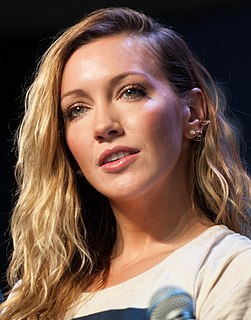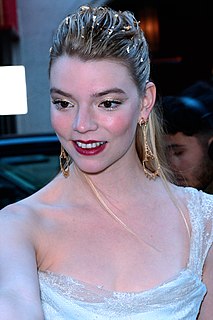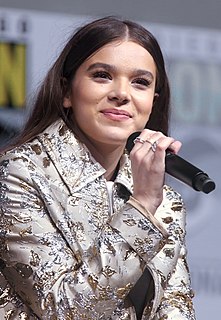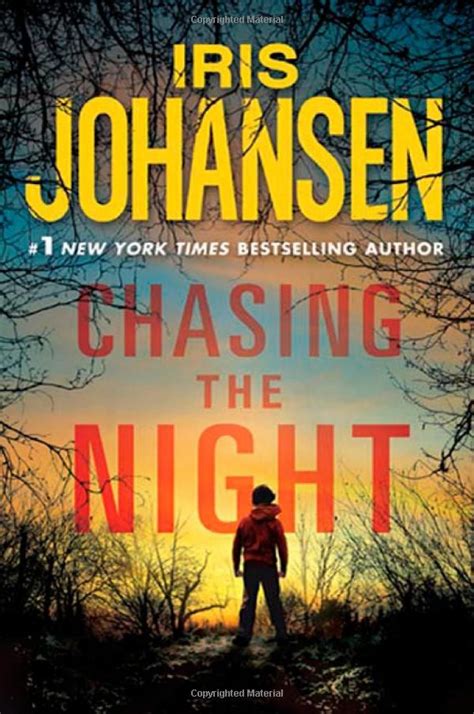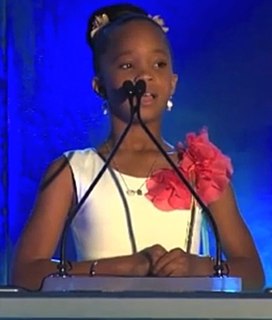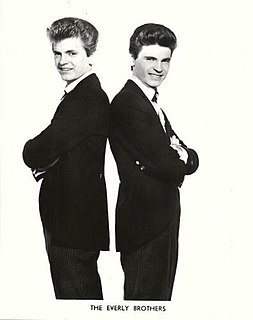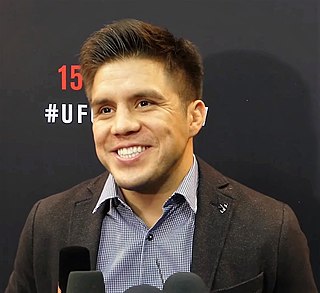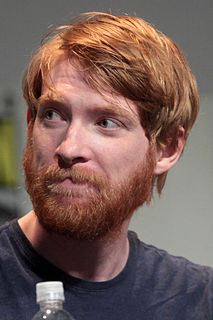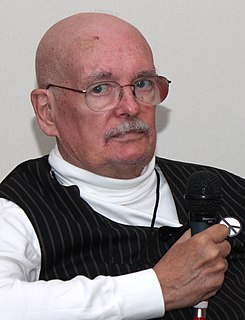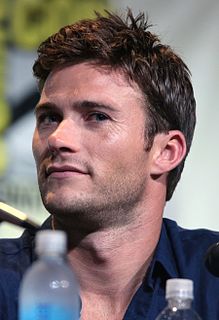A Quote by Jason Bateman
I remember my dad working with me on breaking down my script and writing out a back story for my character and all that stuff.
Related Quotes
The minute I know it's real to the minute we start shooting, I will work on the script, breaking it down and working on the character, doing as much research as I possibly can to the point where I feel like I eat, sleep and breathe it without looking at a page. Then I go in and try to forget all of it and just be there.
Dad wouldn't let me fool with his guitar much, because I'm left-handed, and I'd pick it up upside down. But I remember learning to sing 'Paper Doll,' the Mills Brothers song - this was during the war - and I remember my dad taking me down to one of those little record booths where you could make spoken letters to send home.
I remember working with Jackie Chan on Shanghai Noon [2000], and when we were working on the script, I thought that my character thought about being an outlaw the way a kid today would think about being a rock star, as a way to impress girls. So it was just kind of a funny idea, but once we had that idea, it changed the character and made it something that was funnier to me to play.
Perhaps if there is anything remotely interesting about my writing style, it is this: more often than not I have no idea what the story is going to be about. Sometimes I have a fuzzy vision, or a glimpse of one scene, or a character. But mostly all I have is a random first sentence, and I follow it to see where it might go. For me, writing is the process of discovery, of gradually figuring out what happens in the story and how it ends, that makes writing an interesting process for me.
Writing about real stuff that really concerned me brought out my craft. If you're writing a story about, 'Is Lois Lane gonna figure out that Superman is Clark Kent?' - it's really hard to get involved in that on anything other than a craft level. And I'm not gonna put down craftsmanship; it is a noble enough thing to have made a table that you can pound on and it doesn't fall down. But occasionally, we might have an assignment that engages some other parts of ourselves, and those tend to be the good stories.

